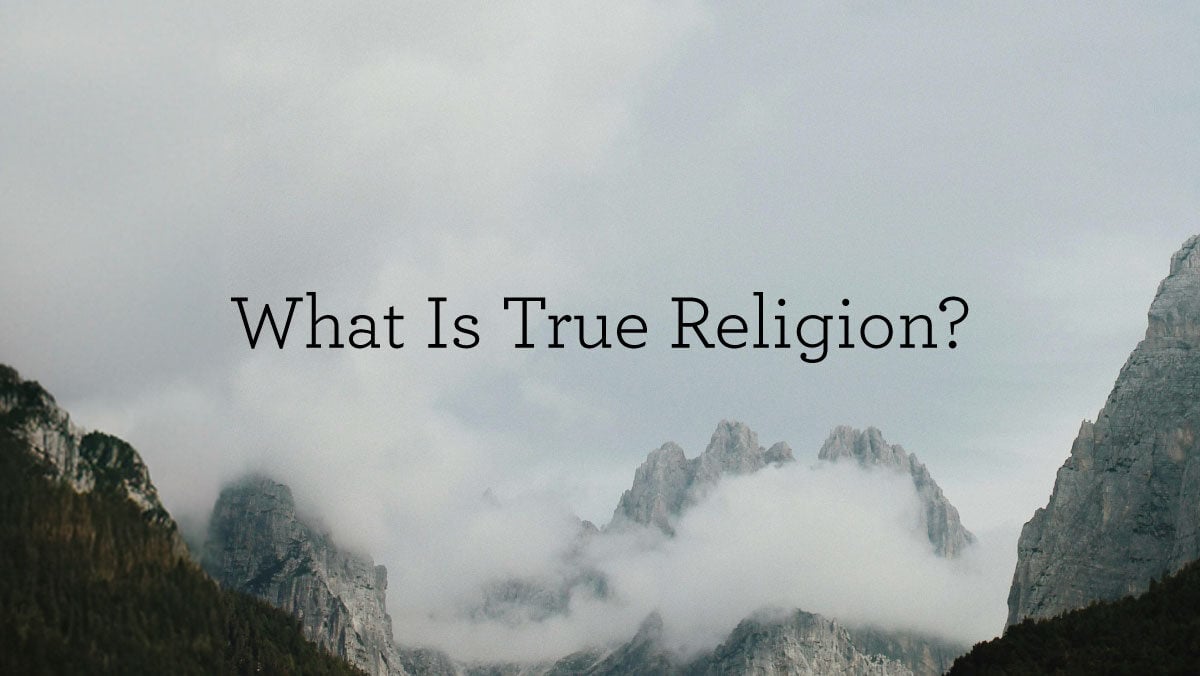Peckham, John C. Why We Pray: Understanding Prayer in the Context of Cosmic Conflict. Grand Rapids: Mich, Baker Academic, 2024. pp.; Pb.; $24.99. Link to Baker Academic
This new book deals with a particular issue raised in Peckham’s award-winning monographs, The Love of God: A Canonical Model (IVP Academic, 2015; my review here) and Divine Attributes: Knowing the Covenantal God of Scripture (Baker Academic, 2021). In the second chapter of Divine Attributes, Peckham dealt with the problematic theological issues of aseity, immutability, and passibility of God. Does Scripture teach that God needs nothing from his creation (aseity) and does not feel emotions or passions like humans do (passibility)? That God does not change (immutability) seems clear from passages like Malachi 3:6. Still, some verses imply prayer changed God’s mind or regrets his actions (1 Samuel 15:11). To complicate matters, if God does know everything (omniscience), why does he need us to pray and call on him to act? His answer in Divine Attributes was about a page at the end of the chapter, with some interaction with David Crump and T. F. Torrance. Why We Pray is a book-length answer to the theological problem of unanswered prayer.
In my experience, there are two extremes in answering these questions. Some have denied that God’s omniscience includes future events, so our prayer can change God’s mind or prompt him to act (sometimes called Open Theism). This view often limits God’s immutability so that God does change and develop in his relationship with humans (Process Theology). A cursory survey of Moses’s prayers in the Book of Numbers should prove that God changes his mind in response to intercessory prayer.
The other extreme questions the need for prayer since it cannot change God’s mind. I have known people who refused to bring “prayer requests” to God because he will not (or cannot) do anything about them. This view sometimes sees unanswered prayer as a pastoral issue since it implies God will answer prayer, even though that is not true.
A third approach is somewhere in between and focuses on the person praying. Peckham cites Kierkegaard, “Prayer does not change God, but it changes the one who offers it” (quoted on page 6). I have heard variations of this quotation attributed to C. S. Lewis and others. There is certainly some truth to this observation, and we often pray for things in ignorance or out of personal selfishness. We clarify God’s will for our lives by engaging in petitionary prayer. But this does not entirely explain why prayers of faithful, righteous Christians remain unanswered.
Peckham’s approach finds a way between these extremes by focusing on a “cosmic conflict model.” This cosmic conflict is a background that pervades Scripture (74). Essentially, God has entered a covenant with creation that morally prevents him from bringing about certain good things in certain cases without penitentiary prayer (17). Penitentiary prayer does not make God want to do good for us because he already wants to bless and deliver. But intercession “opens up avenues for God to justly bring about the good he already wanted to bring” (28). God does not need information or power, nor must he be convinced to do what is good. He also invites penitentiary prayer and often responds to it. In the Bible, “God is depicted as if penitentiary prayer sometimes actually influences his actions” (50).
For some readers, it might be a surprise to read that God cannot answer certain prayers because they are not morally justified. If God is truly omnipotent, then he can do anything he wants. Peckham argues that this is not the case. Consider my example from the Book of Numbers. God’s intention is often to judge the nation of Israel because of their rebellion in the wilderness. He is a gracious and merciful God who truly wants to forgive his rebellious children. However, he restrains himself until Moses makes intercession for the people. This is because of the nature of God’s relationship with the nation of Israel in the wilderness.
Peckham addresses the issue of praying God’s will in chapter three, “Your Kingdom Come, Your Will Be Done.” In the Lord’s Prayer, Jesus instructs his disciples to pray for God’s will to be done on earth as it is in heaven (Matt 6:10). It is evident that God’s will is not always done on earth. Why is this the case? The all-powerful God could force the issue and make everyone respond appropriately to God. However, God invites people to return to him and be saved, but not all do. Even though he “longs to be gracious” and wants to show compassion to everyone, God will not force people to repent and be saved against their will.
Chapter 4 outlines the rules to which God has committed himself in his relationship with his creatures. Because he has voluntarily committed himself to these “rules of engagement,” God is morally prevented from bringing about some good even when he might desire to do so (91). In response to the question, “Why would God agree to such rules in the first place, he wisely responded, “I do not claim to know.” Because this is a cosmic conflict, not only demonic forces oppose God’s kingdom, but also angels who serve the all-powerful God operating behind the scenes, citing 2 Kings 6:16–17 as an example (82). Peckham does not see this as a conflict between equals: God is all-powerful, and Satan and his demons are limited.
Chapter 5 examines the frequent command in Scripture to be persistent in prayer and ask God for anything. In the Parable of the Persistent Widow (Luke 18:1-8), Jesus taught his disciples “ought always to pray and not lose heart.” Jesus also tells his disciples that if they ask the Father for anything in his name, it will be given to them (John 15:7, 16; see here for my comments on this verse). This chapter outlines the “art of prayer in the midst of spiritual warfare” (109). In this section, Peckham illustrates from Scripture that prayer should be done with obedience and contrition and always with faith in God. Prayer must be unselfish. Prayers should be offered with both hope and gratitude. Finally, prayer should be in accordance with the will of God. This means praying for “your kingdom come” and “your will be done” is to pray for God’s will to be done even if it is out of step with what we think we want to be done.
Conclusion: Why We Pray is no lightweight devotional book on Christian prayer. Readers will be challenged to think deeply about God’s nature and how we interact with God through prayer. He interacts with significant theologians on the issue of God’s nature and the nature of prayer. Peckham’s cosmic conflict model preserves the power of prayer and human free will, but it also works well with critical attributes of God, such as omniscience, omnibenevolence, and omnipotence. Throughout the book, Peckham’s pastoral heart is evident as he seeks to explain deep theological concepts to prepare God’s people for prayer and worship.
NB: I appreciate Baker Academic for providing a review copy of this book, but this did not influence my thoughts about the work.

 6 hours ago
4
6 hours ago
4










 English (US) ·
English (US) ·